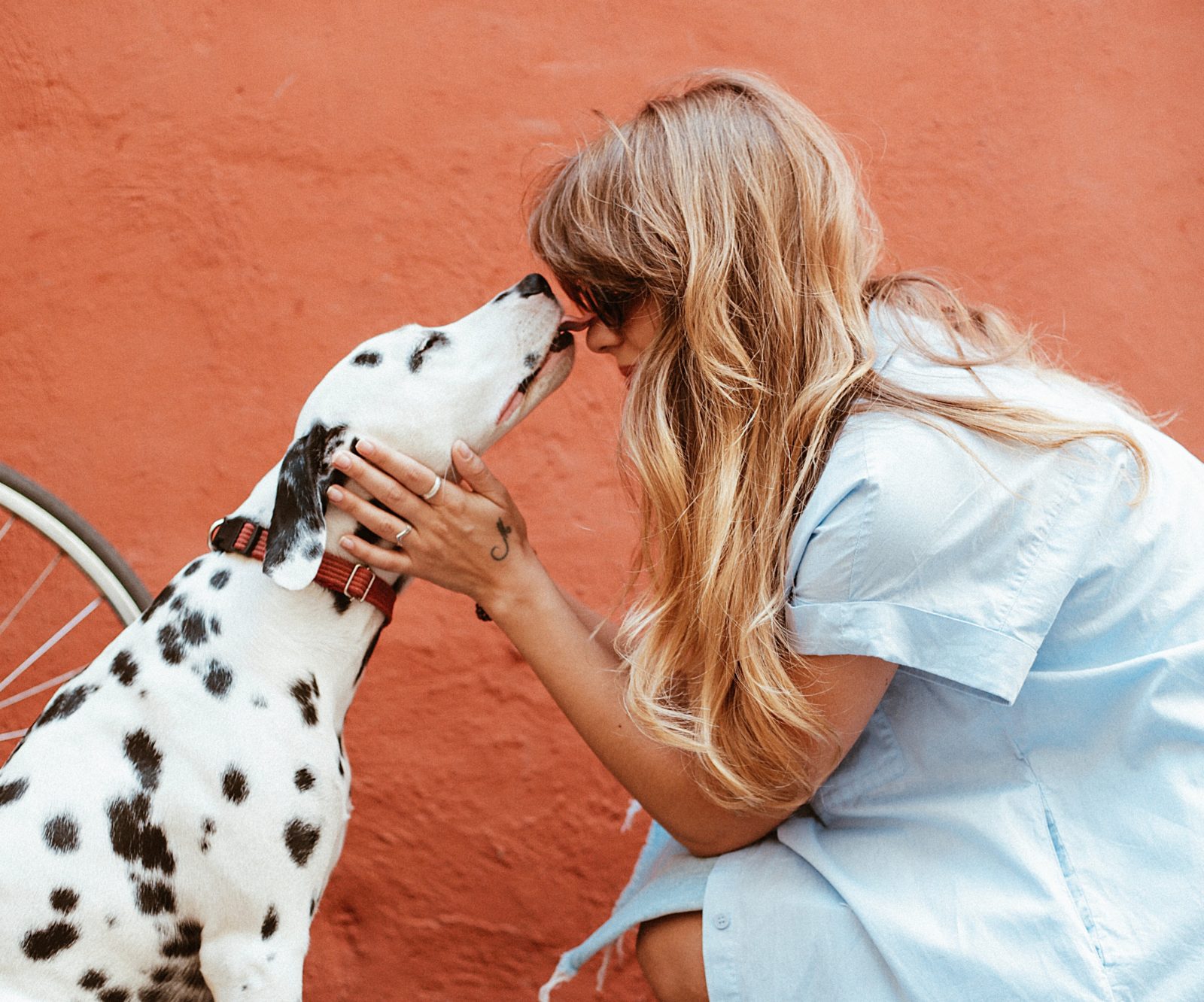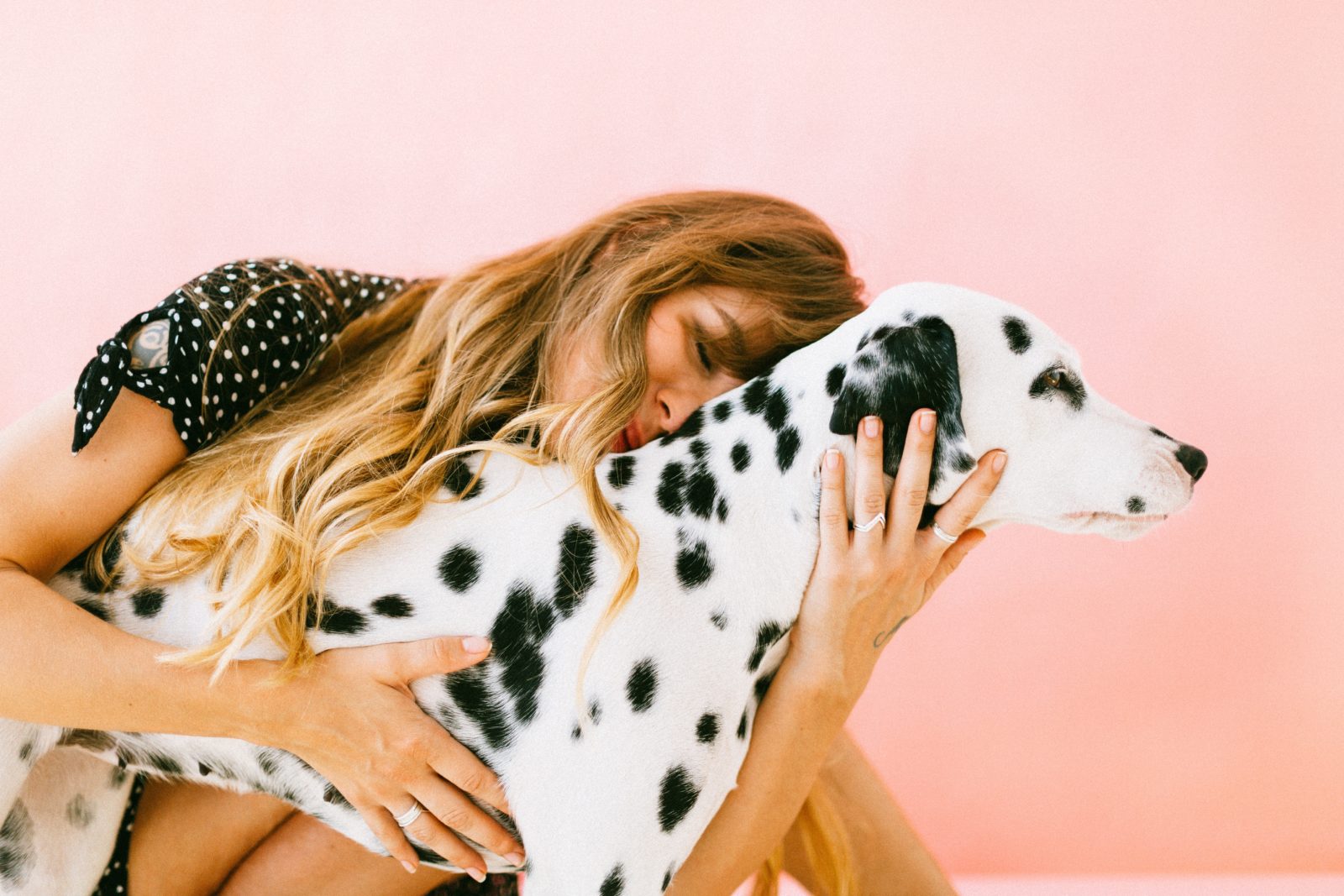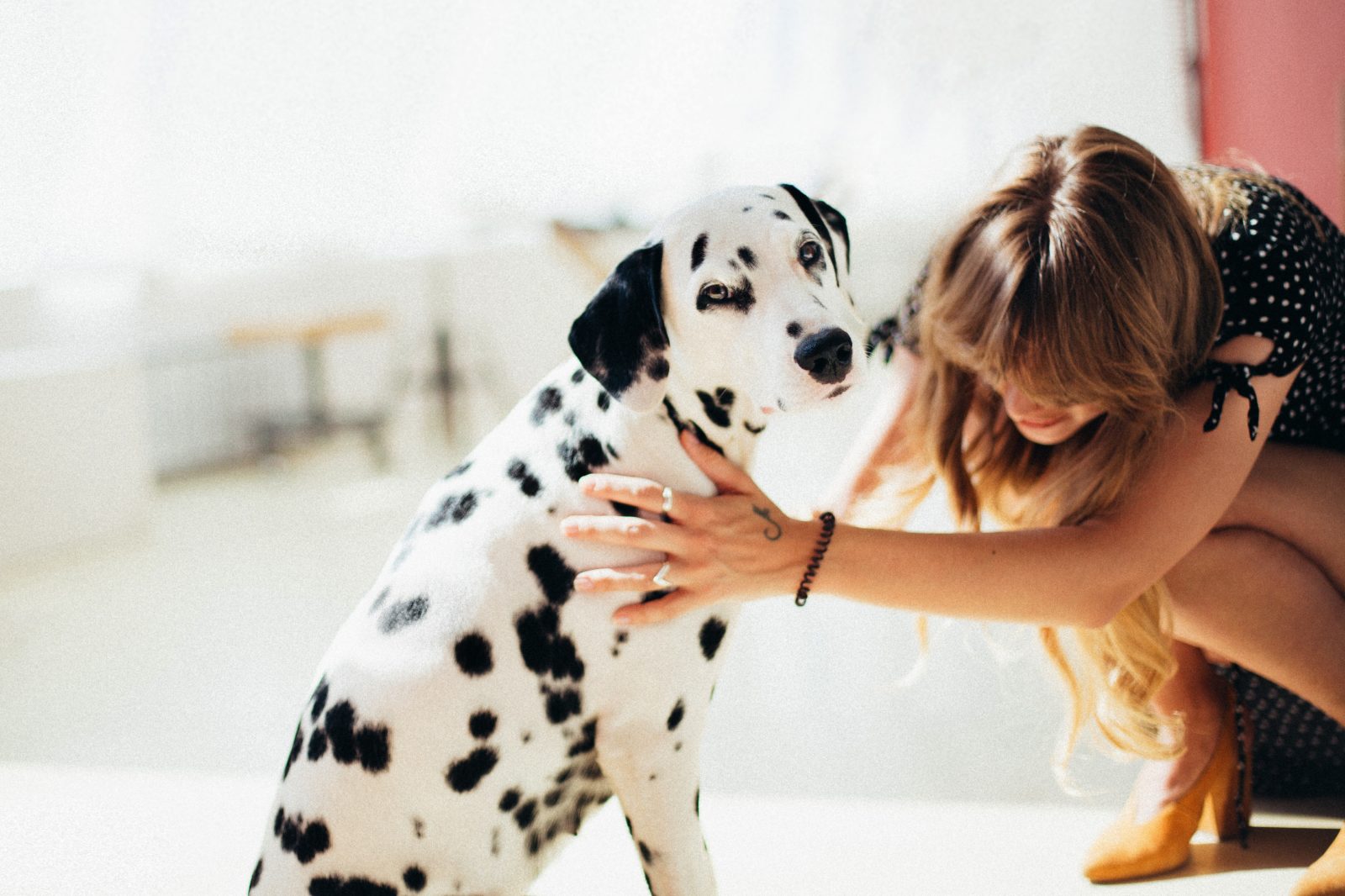
The time between Christmas and Valentine’s Day gets a bad rap for many reasons. For one, most of us are skint; presents, festive drinks and not working have drained our bank account. What’s more, it’s cold and bleak, and often there’s not much to look forward to. Perhaps it’s down to one or all of these reasons that this time of year sees so many break-ups, with people twice as likely to call it quits here than compared with the rest of the year.
While these early in the year breakups spells good news for divorce lawyers but doesn’t bring much joy for anyone else; family, friends, children…. this can be a difficult time for so many actors in this play, not only the protagonists.
But won’t somebody please think of the pets? Research conducted by British equestrian and pet specialist Harry Hall, as reported by Devon Live, found that in the event of a relationship break-up, 81% of pet owners would make keeping their pet a main priority. With that in mind, here are 4 IDEAL tips on co-parenting your pet after a break up.
PUT YOUR PET FIRST
Hopefully it doesn’t need to be stated, but pets shouldn’t be used as a weapon. Not to hit your partner round the head with, not to throw at their new beau……But in all seriousness, the welfare of the fluffy one will suffer if it’s used a bartering tool or for emotional blackmail. The love for a pet was forged as a couple, and regardless of any animosity between warring factions, care of the animal should take priority.

SET UP A CUSTODY ARRANGEMENT
If you thought such formalities were reserved for the kids, think again. Legal arrangements can be made for custody of your pet, too. Entering into such an agreement can avoid awkward disputes about where the animal rests its head each night, and provide a little peace of mind and sense of fairness. For some though, it may be a step too far into the formal, so carefully consider if this option is for you before rushing into court.
TRAIN YOUR PET TO BE ALONE
Any pet owner will be all too familiar with just how in tune their pets are with their dinner time. Without seeing a watch or clock, a dog will know exactly when that food should be hitting the bowl. And while not even being in the room, a cat will hear even the faintest sound of a particular cupboard door opening, and come bounding in.
Animals’ brains respond best to routine, familiarity and consistency. In general, pets are an associative bunch and are susceptible to triggers like tapping on the food bowl. When there is a disruption (such as during a relationship breakdown, where an owner’s familiar face becomes an absent one) to their way of life, it can cause anxiety and stress for our pets.

Every animal is different, some may react to change by barking, some destroy the house, many urinate or excrete in places previously untarnished. Indeed, if your pet starts to follows you everywhere in the house, that is a sign of separation anxiety, and they need to learn it’s ok to be on their own. You can do this by training them, here’s how from Pets Advice:
Stand up and see if the pet gets up to follow. If so, sit back down and wait for the pet to settle, and repeat, repeat, repeat until you can leave the room. Once you can do that, the next thing will be leaving the house… Just standing outside for a few seconds, not allowing the pet time to get themselves stressed, can help them get used to being alone again in the early stages, and then you can look to prolong this duration incrementally over time.
HELP THE HEALING PROCESS
The post-breakup period can often be raw, fraught and wrought with tension. From a more human perspective, the presence of a pet can provide a safe space for neutral conversation, sensible arrangement making and compromise. Cherishing your furry friend, then, can help the healing process between a couple recently broken up, creating an amicable environment which will preferably stand the test of time.





